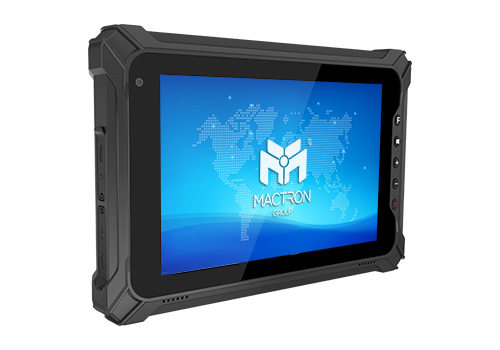In today's digital era, Windows and Android systems are widely used across various fields due to their exceptional performance and flexibility, significantly impacting our lives and work.
Then why are Windows and Android widely used? The main reason is that these two systems support many applications in industrial settings. We can elaborate on this in more detail through the following descriptions, origins, and advantages.
Windows
Use of Windows
The Windows system, developed by Microsoft, is primarily used in personal computers and enterprises, supporting a variety of applications, including professional software and games. It is commonly employed in homes and offices, providing powerful productivity tools and security. Particularly in industrial applications, many professional software solutions are specifically designed for Windows, making it suitable for long-running automation and control systems. Additionally, many schools and universities utilize Windows for teaching and research purposes.
Windows systems offer high security and stability, with regular updates. Major versions include Windows 1.0, 95, XP, 7, 10, and the latest Windows 11, which features a new interface, improved multitasking, and enhanced application management capabilities.
Advantages of Windows:
- Stability and Reliability:
Ideal for long-term operation and high-load environments, especially in industrial applications. - Rich Application Support:
Many industrial automation and control software are specifically designed for Windows. - Security:
Regular updates provide strong security protections. - Hardware Compatibility:
Broad support for various industrial devices, facilitating integration. - Multitasking Capability:
Suitable for systems that need to run multiple applications simultaneously.
Android
Use of Android
The Android system, developed by Google, has become the mainstream choice for smartphones and tablets, attracting numerous developers. As the most popular mobile operating system, Android is widely used across various mobile devices and is favored by consumers for its rich applications and customization features.
Android is also increasingly prevalent in Internet of Things (IoT) devices, with many smart home and wearable devices utilizing this system, providing convenient control and management functionalities. Moreover, due to its open-source nature, developers can easily create and deploy applications, fostering a thriving ecosystem.
Major Versions: Android versions range from 1.5 to 15, with the latest Android 15 enhancing privacy protection and battery management while optimizing multitasking and notification management features.
Advantages of Android:
- Openness and Flexibility:
The open-source nature allows developers to customize the system according to their needs. - Cost-effectiveness:
Compared to Windows, Android reduces hardware and licensing costs, making it suitable for budget-constrained applications. - User-friendly Touch Interface:
Ideal for Human-Machine Interface (HMI) applications. - Rapid Development and Deployment:
With abundant development resources, application development and deployment are efficient. - IoT Integration Capability:
Facilitates the realization of smart factories.
Conclusion


MAA Series & MAS Series

0 comments:
Post a Comment